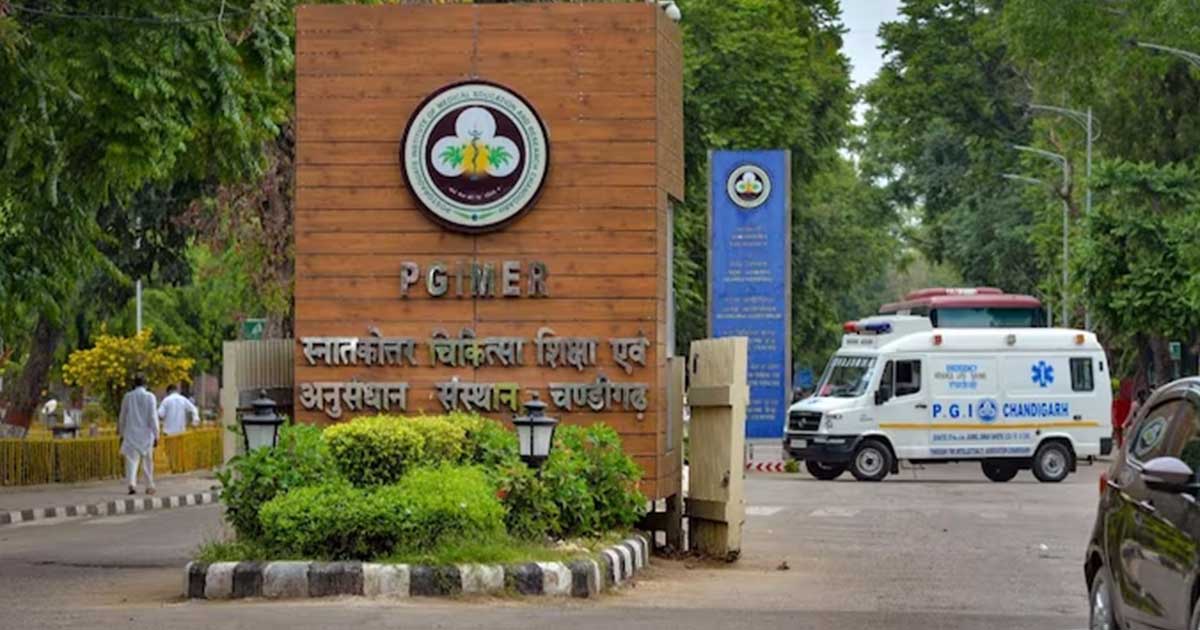PGIMER develops new model to generate neurovascular tissues
23 Feb 2024

Post Graduate Institute of Medical Education and Research (PGIMER), Chandigarh has developed a new model for generating neurovascular tissues or neurovascular organoids/embryoids (NVOEs) from autologous blood that would help in the development of new therapies.
NVOEs are analyzed in neuroimaging (preclinical) scans, correlating with altered blood supply, in the investigation of impaired brain functioning and development.
The new model can be used for the establishment and characterization of NVOEs entirely from autologous blood without any genetic maneuvering or morphogen supplementation, according to PGIMER.
Neural organoids can offer a better understanding of brain development and functions, modeling of neural diseases, discovery of new drugs, and surrogate sources of transplantation.
According to PGIMER, the new model will address the issue of lack of vascularisation faced by the current crop of neuronal organoids derived from genetic overexpression of embryonic/extraembryonic transcription factors. Even the most advanced embryo models currently available lack functional vasculature, which limits their scope for brain-activity modeling.
The new model is also cost-efficient as it requires no specific differential media for growth, but only autologous plasma and blood cells.
Neural organoids find use in the study of neurological (neurosensory/motor and neuro-immune) disease pathways, neuroregeneration, preclinical neuroimaging, and endogenous gene editing, and autologous immunotherapies for tumors, and autoimmune diseases.
The research was funded by Anusandhan National Research Foundation (ANRF-erstwhile SERB).



















